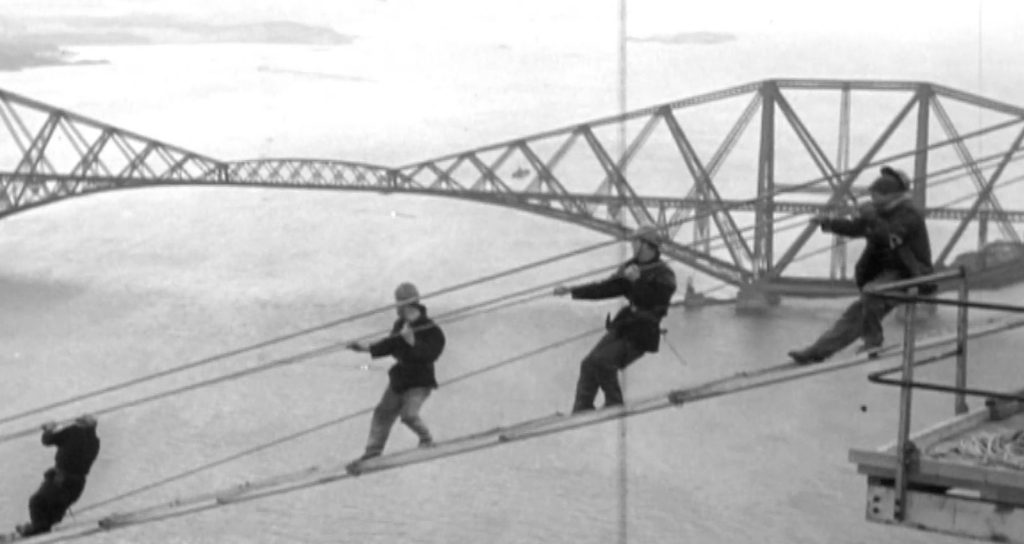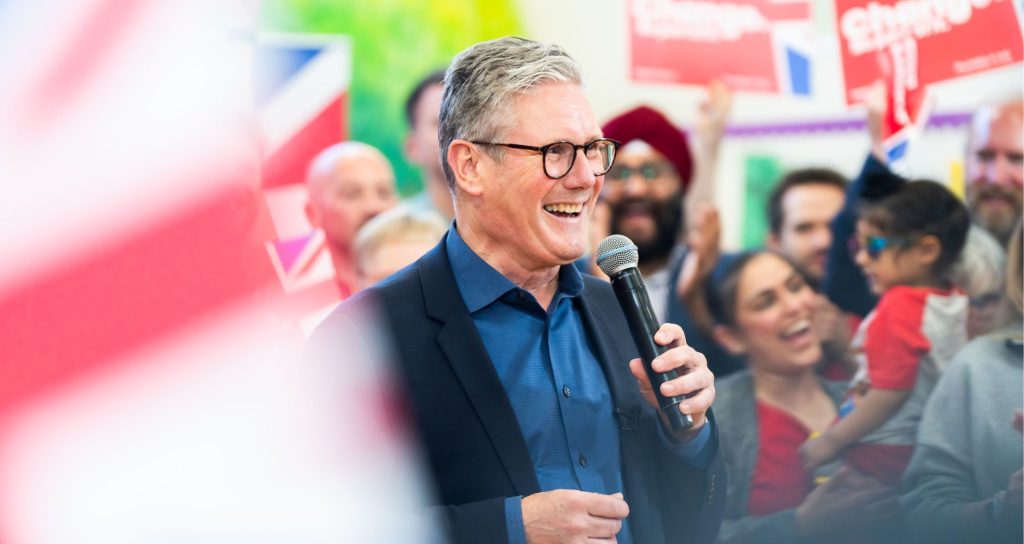The two founders were young and perhaps a bit cocky, but there was no doubt about their entrepreneurial spirt and drive.
Despite this, the panel didn’t give them the award. It instead went to a café in Edinburgh whose name I can’t recall and I have no idea if it’s still going. Brewdog, however, went on to become a £2bn business. So much for my insight into who’d make a successful business person.
I’m not a fan of their beers or pubs but that may just be an age thing. There have been a few stories over the years that suggested the carefully presented punk image wasn’t quite what it seemed — allegedly using a private jet while preaching on climate change or suggesting they’d never sell out to big investors before selling out to big investors — however it emerged last week that a group of former employees feel that their success has been built on a toxic culture of fear and misogyny.
James Watt, one of the co-founders, initially reacted with one of those “we will learn from this” statements that sounds like an apology and at the same time doesn’t. Then he and the company did apologise, saying they’d probably got some things wrong as they grew and they’d “learn from this”.
There’s no doubt when you’re starting a business, you’ve got a lot on your mind and however much you think you know, you’ll make mistakes. We only started 56° North last year but (advert alert!) we’re now hiring people as we’ve grown faster than expected.
That’s not a boast. We are all very aware that huge work lies ahead to ensure that whatever we have achieved in such a short time is translated into long term success. This is simply a recognition that we can’t develop further just with the small band of wonderfully nice and talented folk who’ve helped us so far, and therefore we’ve taken a calculated gamble.
No doubt, on a much larger scale, the Brewdog guys faced similar challenges during their “journey” and it would be crass to think that just because they’re now so big, they didn’t or don’t have sleepless nights or financial worries.
But the allegation is that that the culture they created was a deliberate part of their growth strategy and left a trail of people who were discarded because they didn’t fit in. While you don’t have a control over a lot of things as you grow, you can, and should, be in charge of developing the culture of your business.
One of the reasons Anthony and I started 56° North was because we wanted to do something that had a different culture to the one we’d experienced in much of our corporate life. Now, to be clear, we weren’t bullied or treated badly, but for many big companies it’s very difficult to maintain a sense that your employees are valued when you get enormously big.
When Fiona joined shortly after we had set up, she also spoke about wanting to be part of something with a positive culture. When it’s the three of us, that’s simple enough, but now we’re growing it’s our challenge to ensure it stays that way and that in a few years some smart arse journo doesn’t quote this blog back at me.
This isn’t about being “woke” or saving the planet. It’s about saying there should be things that you value and if you can, you will play your small part in leading the way.
ESG has become the new buzz phrase in the corporate world, but there is some concern that some simply use it for a bit of “greenwashing”. Brewdog was a B Corp company for instance. To become one, companies must “give as much consideration to their social and environmental impact as they do to their financial returns”. Their position is now under review but for the vast majority who do believe in ESG, it’s about a realisation that creating a strong governance culture, being inclusive and also recognising the impact you have on the planet are just the right things to do.
I’ve seen it at first hand with clients, whether it’s thinking about how they can make an impact on their local community or trying to develop a piece of wasteland into a vibrant, inclusive green space. Yes they still want to make a profit but that isn’t incompatible with strong governance or inclusivity.
As 56° North grows, we’ll see whether we live up to those ideals and if the likes of Brewdog do “learn from this” and go on to be a wonderful business to work for. I’ll raise a glass of Tennent’s to that.



